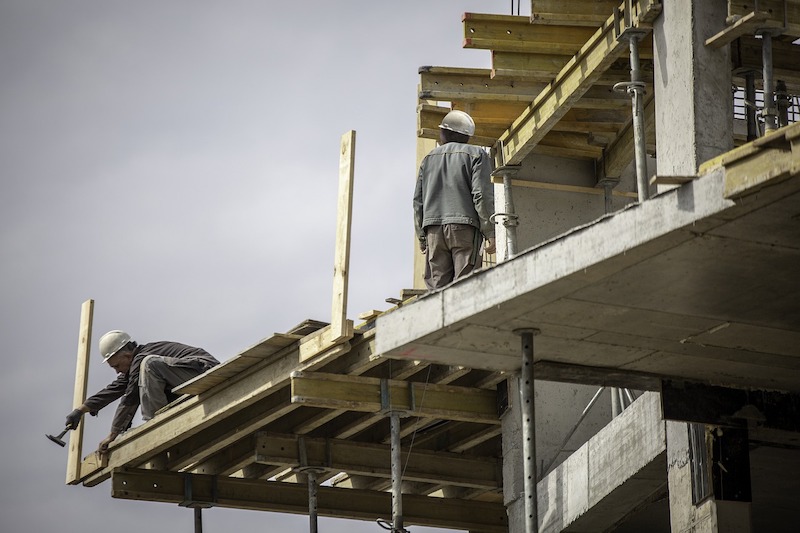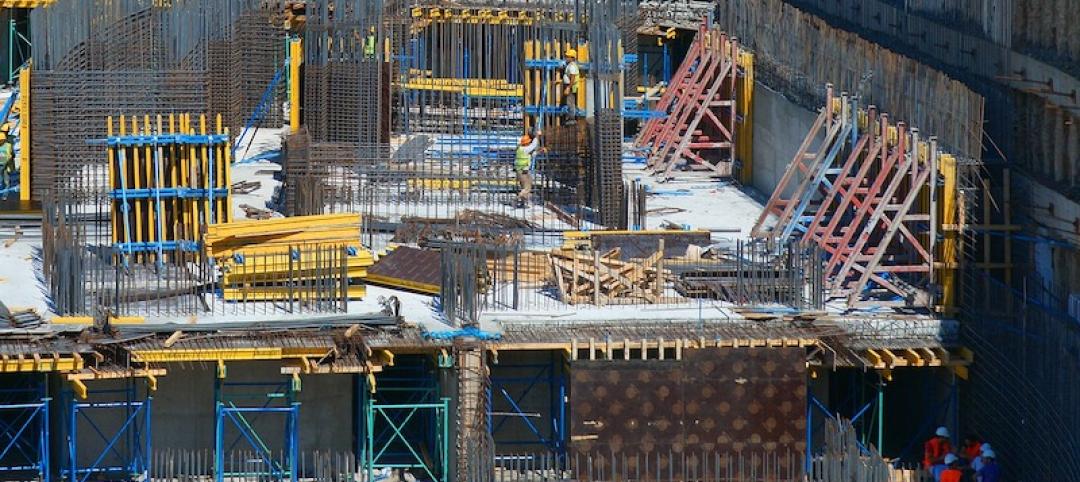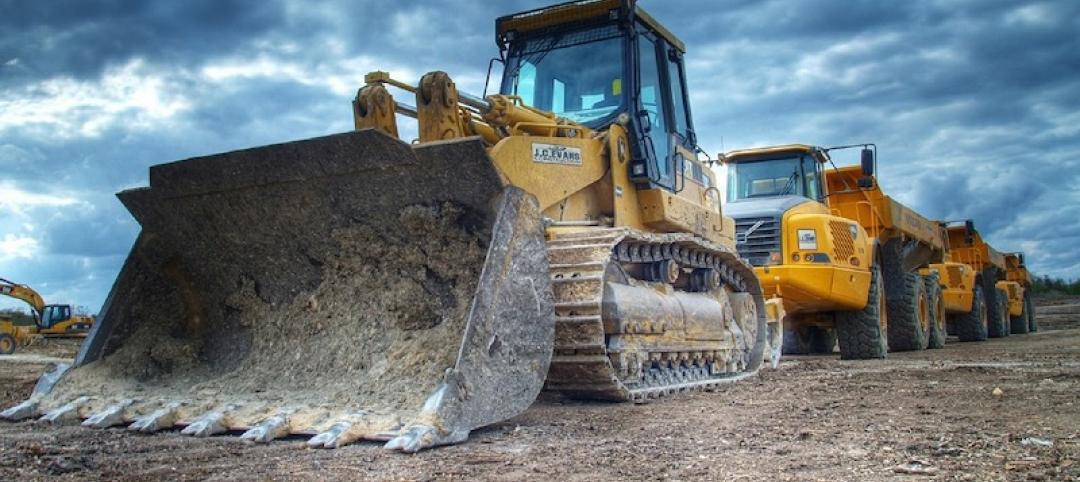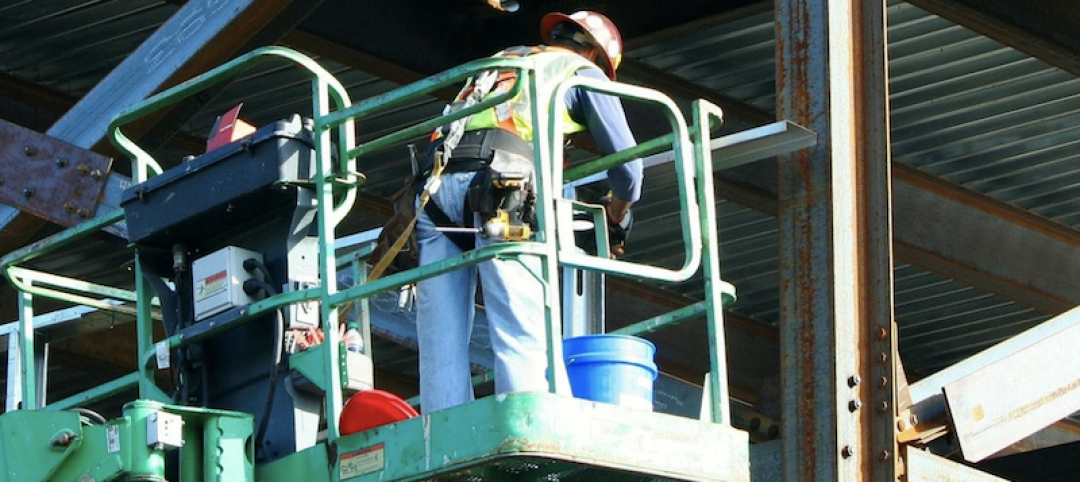Construction employment increased by 20,000 jobs in December and by 151,000, or 2.0 percent, in all of 2019, according to an analysis of new government data by the Associated General Contractors of America. Association officials noted that its recent survey found three out of four contractors expect to keep adding workers in 2020, but even more respondents found it difficult to fill positions in 2019, and a majority anticipate it will be as hard or harder to do so in 2020. Officials called on the federal government to increase funding for career and technical education and expand employment-based immigration for workers whose skills are in short supply.
“More than four out of five respondents to our survey said they were having a hard time filling salaried or hourly craft positions in 2019,” said Ken Simonson, the association’s chief economist. “Nearly two-thirds of the firms say that hiring will be hard or harder this year. In light of those staffing challenges, costs have been higher than anticipated for 44 percent of respondents and projects took longer than anticipated for 40 percent of them. As a result, 41 percent of respondents have put higher prices into their bids or contracts and 23 percent have put in longer completion times.”
Simonson observed that both the number of unemployed workers with recent construction experience (489,000) and the unemployment rate for such workers (5.0 percent) were the lowest ever for December in the 20-year history of those series. He said these figures support the survey’s finding that experienced construction workers are hard to find.
“Contractors are confident that there will be plenty of projects in 2020,” Simonson added. “Our survey found that for each of 13 project types, more contractors expect an increase in 2020 than a decrease in the dollar value of projects they compete for.”
Association officials said the optimistic outlook for projects depends on having an adequate supply of qualified workers. The officials urged the Trump administration and Congress to double funding for career and technical education over the next five years, pass the JOBS Act to expand opportunities for students seeking alternatives to college, and enable employers who demonstrate an unfilled need for workers to bring them in from outside the U.S.
“Construction can play a major role in sustaining economic growth, but only if the industry has an expanding supply of both qualified workers and new entrants to replace retirees,” said Stephen E. Sandherr, the association’s chief executive officer. “Construction firms are working hard to overcome labor shortages, but federal officials must do their part by adequately funding career and technical education, making it easier for students to qualify for loans for short-term technical education programs and putting in place needed immigration reforms.”
View the 2020 Construction Outlook Survey.
Related Stories
Market Data | Jun 16, 2021
Construction input prices rise 4.6% in May; softwood lumber prices up 154% from a year ago
Construction input prices are 24.3% higher than a year ago, while nonresidential construction input prices increased 23.9% over that span.
Market Data | Jun 16, 2021
Producer prices for construction materials and services jump 24% over 12 months
The 24.3% increase in prices for materials used in construction from May 2020 to last month was nearly twice as great as in any previous year
Market Data | Jun 15, 2021
ABC’s Construction Backlog inches higher in May
Materials and labor shortages suppress contractor confidence.
Market Data | Jun 11, 2021
The countries with the most green buildings
As the country that set up the LEED initiative, the US is a natural leader in constructing green buildings.
Market Data | Jun 7, 2021
Construction employment slips by 20,000 in May
Seasonally adjusted construction employment in May totaled 7,423,000.
Market Data | Jun 2, 2021
Construction employment in April lags pre-covid February 2020 level in 107 metro areas
Houston-The Woodlands-Sugar Land and Odessa, Texas have worst 14-month construction job losses.
Market Data | Jun 1, 2021
Nonresidential construction spending decreases 0.5% in April
Spending was down on a monthly basis in nine of 16 nonresidential subcategories.
Market Data | Jun 1, 2021
Nonresidential construction outlays drop in April to two-year low
Public and private work declines amid supply-chain woes, soaring costs.
Market Data | May 24, 2021
Construction employment in April remains below pre-pandemic peak in 36 states and D.C.
Texas and Louisiana have worst job losses since February 2020, while Utah and Idaho are the top gainers.
Market Data | May 19, 2021
Design activity strongly increases
Demand signals construction is recovering.

















